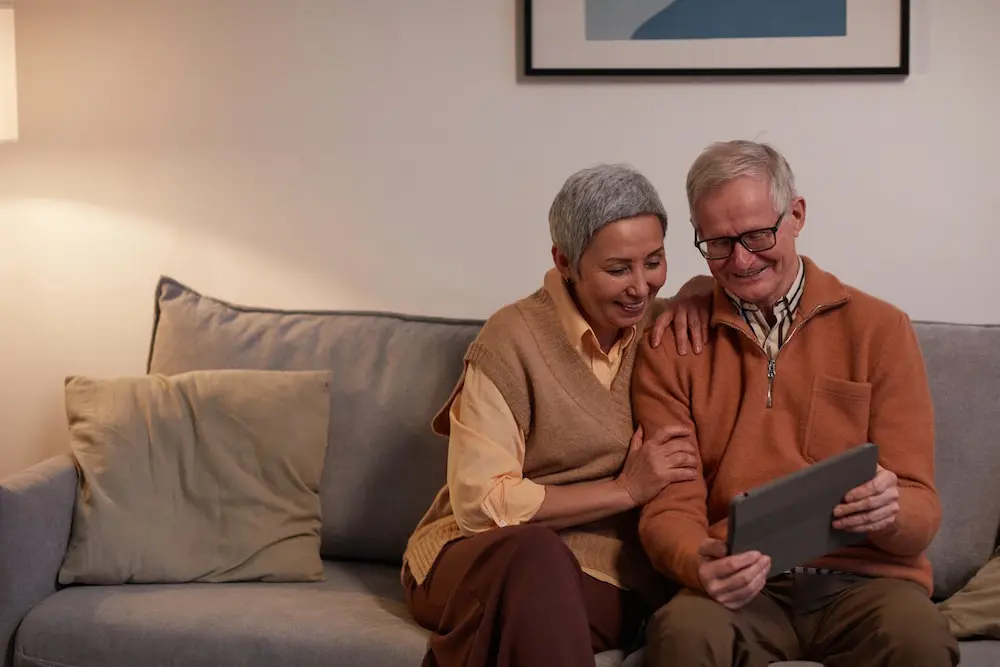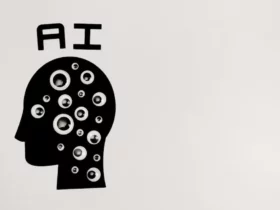In recent years, the integration of technology within various sectors has sparked significant transformations, and the home care industry stands as a prime example of this phenomenon. With a growing aging population and an increasing demand for personalized care solutions, home care agencies are increasingly turning to technological innovations to streamline their operations and elevate the quality of care provided to clients. From revolutionizing scheduling processes to enabling remote monitoring and telehealth services, technology serves as a cornerstone in optimizing efficiency and improving outcomes within the home care sector.
Efficient Scheduling Systems
Efficient scheduling systems have emerged as a critical component in the operational framework of home care agencies. The complexities inherent in scheduling caregivers to meet the diverse needs of clients necessitate advanced solutions that can navigate through a myriad of variables seamlessly. Modern scheduling software harnesses the power of algorithms and data analytics to generate optimized schedules that account for factors such as caregiver availability, client preferences, and care requirements. With the right home care software implementation agencies can mitigate scheduling conflicts, minimize travel time between appointments, and ensure that clients receive care in a timely and consistent manner. These systems also feature built-in communication tools that facilitate real-time updates and notifications, allowing agencies to adapt quickly to any changes in the care plan or schedule. Even in cases where unexpected situations arise, such as a caregiver being unable to make an appointment due to unforeseen circumstances, technology allows for rapid reassignment and rescheduling without disrupting the quality and continuity of care.
Remote Monitoring and Telehealth Services
Remote monitoring and telehealth services have emerged as invaluable tools in the arsenal of home care agencies, particularly in light of recent global health challenges. These technologies enable caregivers to remotely monitor the health status of clients and deliver timely interventions when necessary, thereby bridging geographical barriers and expanding access to care. Through the use of telehealth platforms, caregivers can conduct virtual consultations, assess symptoms, and provide ongoing support to clients from the comfort of their own homes. Equipped with sensors and wearable technology, these devices offer real-time insights into the well-being of clients, allowing caregivers to proactively address health concerns and prevent potential emergencies. It helps home care agencies deliver proactive and personalized care while minimizing the need for in-person visits, thereby reducing the risk of exposure to infectious diseases and enhancing overall safety for both clients and caregivers.
Electronic Health Records (EHR) Systems
The transition from paper-based documentation to electronic health records (EHR) systems represents a significant leap forward in the management of client information within home care agencies. These digital platforms provide a centralized repository for storing and accessing critical data, including medical history, care plans, and medication schedules. By consolidating information in a secure and accessible format, EHR systems streamline communication between caregivers, reduce the risk of errors associated with manual record-keeping, and ensure compliance with regulatory standards such as HIPAA. These systems also facilitate seamless collaboration and information sharing among healthcare providers, enabling a more holistic approach to client care. Caregivers can quickly retrieve relevant information about a client’s medical history or care preferences, facilitating informed decision-making and enhancing the continuity of care.
Mobile Applications for Caregivers
Mobile applications tailored for caregivers have become indispensable tools in optimizing communication, collaboration, and efficiency within home care agencies. These intuitive applications empower caregivers with instant access to client information, communication channels, and essential resources, regardless of their location. Through mobile apps, caregivers can view care plans, document care activities in real time, and communicate with supervisors and colleagues, facilitating seamless coordination and enhancing the quality of care delivered to clients. Moreover, mobile applications offer features such as task reminders, medication alerts, and GPS tracking, further enhancing caregiver productivity and ensuring adherence to care plans.
Wearable Devices and Remote Monitoring
Wearable devices equipped with health monitoring sensors have emerged as transformative tools in the realm of home care, offering continuous insights into the health and well-being of clients. From smartwatches that track heart rate and activity levels to sensors that detect falls and monitor vital signs, these devices provide caregivers with valuable data to inform care decisions and interventions. By leveraging wearable technology, home care agencies can detect early warning signs of health issues, prevent accidents or emergencies, and promote proactive management of chronic conditions. The integration of wearable technology with remote monitoring platforms enables caregivers to remotely track client health metrics and receive alerts for any abnormalities, facilitating timely interventions and reducing the need for unnecessary hospital visits.
Data Analytics for Performance Improvement
Data analytics has emerged as a powerful tool for home care agencies seeking to drive performance improvement and enhance the quality of care delivered to clients. By analyzing vast quantities of data, including caregiver productivity, client satisfaction scores, and health outcomes, agencies can gain valuable insights into their operations and identify opportunities for optimization. From predicting staffing needs to identifying trends in client preferences and care patterns, data analytics empower agencies to make informed decisions that drive continuous improvement and innovation. Whether it’s through leveraging historical data to forecast demand for services or utilizing real-time data to optimize scheduling and resource allocation, data analytics plays a critical role in streamlining operations and promoting efficiency within home care agencies.
Integration with Remote Monitoring Devices
The integration of technology with remote monitoring devices represents a significant opportunity for home care agencies to enhance the effectiveness of their services and improve client outcomes. By seamlessly connecting remote monitoring devices, such as smart sensors and medical alert systems, with existing technology platforms, agencies can create a holistic ecosystem that facilitates real-time monitoring and intervention. These devices enable caregivers to remotely track client health metrics, receive alerts for any abnormalities, and initiate timely interventions as needed, thereby promoting proactive management of health conditions and reducing the risk of adverse events. Integration with remote monitoring devices facilitates seamless communication and collaboration among caregivers, healthcare providers, and family members, fostering a multidisciplinary approach to client care. Real-time data transmission enables timely interventions and adjustments to care plans, ensuring that clients receive the support they need to maintain their health and well-being.
Training and Support for Technology Adoption
Effective implementation of technology within home care agencies hinges on comprehensive training and ongoing support for staff members. Recognizing the importance of proficiency and comfort with technology tools and platforms, agencies invest in robust training programs to ensure that caregivers and other staff members can fully leverage the capabilities of technological innovations. Moreover, ongoing support in the form of help desks, online resources, and user groups enables caregivers to troubleshoot any issues that may arise and continuously learn about new features and updates. Training and support promote a culture of continuous learning and innovation within home care agencies, encouraging staff members to explore new ways to utilize technology in their daily workflows. The result is an empowered workforce that can maximize the potential of technological tools and platforms to elevate the quality of care delivered to clients.

In conclusion, the integration of technology in-home care agencies is not just enhancing the way care is delivered; it is revolutionizing it. From efficient scheduling systems and remote monitoring to advanced EHR systems, mobile applications, and the utilization of data analytics, technology has become a key player in improving the accessibility, quality, and personalization of care. These innovations not only streamline operations and facilitate better communication but also empower caregivers to provide more proactive and patient-centered care. As the industry continues to evolve, the continuous adoption and integration of technology will undoubtedly play a pivotal role in shaping the future of home care, ensuring that high-quality care is accessible to all who need it.









